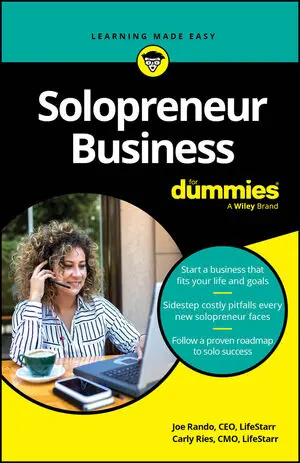Preparing for a press interview on your small business is perhaps a bit daunting, but it's a media publicity jackpot for your small business. Media requests for interviews often follow a press release, so you should prepare accordingly.
Before the press interview about your small business
Get the details. Confirm the media outlet and deadline, along with the interview topic, the story’s angle, and the type of questions you’ll be asked. Ask whether others will be interviewed for the same story. This gives you an indication of the nature of the story and allows you to prepare your remarks accordingly.
Then take time to prepare yourself. Unless the reporter is on a deadline or calling in response to a release that you put out (in which case you should have talking points prepared and by your phone), buy a couple of minutes’ time by asking whether you can wind up a meeting or project before returning the call — and then do so, preferably within a half hour.
Before hanging up, ask whether the reporter has specific questions in mind. That way you can be prepared when you call back. After you find out the scope of the interview, jot down the two or three most important ideas that you want to convey about the topic.
Grab any appropriate reference materials that will help you make your points clearly. Consider negative issues that may arise and develop short responses. And think about what photos, charts, industry statistics, or other materials you’d like to offer to the reporter to enhance the coverage.
During the interview about your small business
Proceed with confidence — and caution — during media interviews. Answer questions clearly and then stop talking. If you try to fill time with additional comments, you run the risk of overshadowing your message or saying something you don’t want to see in print or hear on-air.
After the interview about your small business
Following the interview, thank the reporter and ask when the story will run or air. Don’t demand prior review, but do offer to be available to assist in confirming any facts or quotes. Also, put your thanks into writing in a follow-up note that summarizes key points and provides links to more information.
Be prepared for the fact that after interviews stories sometimes get canceled or they don’t run on the scheduled date. Also realize that you may notice discrepancies between the way the story is worded and what you thought you said.
Request corrections only for actual and important errors, not for differences of opinion or approach. Instead, look for a positive aspect of the coverage and highlight that point in a thank-you note to the reporter. Good words will get you farther than nitpicking or criticizing.
People pay a big price for attacking someone’s reputation in the media. To stay out of trouble in media interviews, steer clear of negative opinions about others.
For the record, here are two terms with which you don’t ever want direct involvement:
Libel: Printed statements that are untrue, defamatory, and harmful.
Slander: The verbal form of libel.






